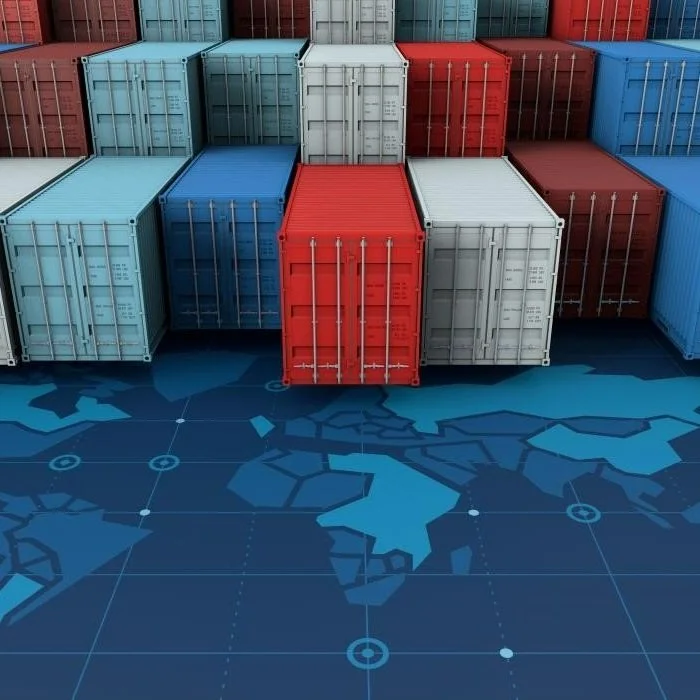29 February 2024. Beehive Seminar : - Policing Corporations and their Supply Chains: Retooling Trade Law for Sustainability and Security. Kathleen Claussen (Recording Available)
The Beehive is the regular guest seminar series given by invited researchers on the question
of how corporations figure in their work.
Seminars will alternate between face to face seminars in Melbourne, and online seminars.
Thursday 29 February 2-3 pm AEDT
In person
Room 1002 (Access via Level 9 stairs)
Melbourne Law School
Kathleen Claussen
Recent pathbreaking trade agreements empower trade policymakers to target foreign companies in novel ways and to police corporate due diligence in global supply chains rather than seek to change foreign government behavior as used to be their purview. This repurposing of our trade enforcement system has the power to transform dramatically the global commercial system, the bargains it manages, the procedures applicable to it, and the rights and obligations of all involved. This research project maps the institutional ascent of this revealed practice, which it maintains was the product of disillusionment with the intellectual pedigrees of conventional trade law. The project also evaluates our trade policing in light of the progressive aims policymakers have set for it, taking into account the many constituencies on whom the burdens fall unevenly. The project’s assessment prescribes lessons for the several disciplines trade policing touches, including for the way scholars and lawmakers conceive of what bodies of law, tools, and actors are best suited to manage transnational corporate behavior and for concepts of compliance in international law. Finally, this project demonstrates that, as a corporate accountability system, trade policing has leapfrogged efforts by fields with similar aims like business and human rights, and the policing tools we have so far are just the tip of the iceberg.

